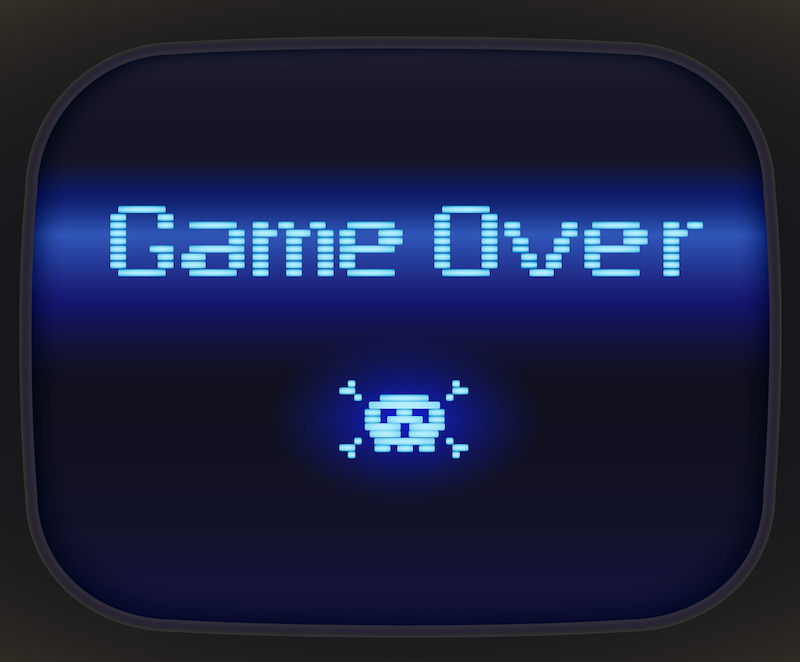“The case came to the Federal Circuit twice, and the two panels did not even agree on what would be a fair characterization of what idea the claims were directed to, much less how to determine whether such an idea was an unpatentable abstract idea.” – Realtime Supreme Court petition
 The U.S. Supreme Court today denied a petition asking the High Court to clarify patent eligibility jurisprudence under Section 101 since its 2014 ruling in Alice Corp. Pty Ltd. v. CLS Bank Int’l. Realtime Data, LLC asked the Court specifically to address the U.S. Court of Appeals for the Federal Circuit’s (CAFC’s) August 2023 decision holding 211 of its patent claims ineligible as abstract.
The U.S. Supreme Court today denied a petition asking the High Court to clarify patent eligibility jurisprudence under Section 101 since its 2014 ruling in Alice Corp. Pty Ltd. v. CLS Bank Int’l. Realtime Data, LLC asked the Court specifically to address the U.S. Court of Appeals for the Federal Circuit’s (CAFC’s) August 2023 decision holding 211 of its patent claims ineligible as abstract.
The underlying Federal Circuit ruling featured a stinging dissent by Judge Pauline Newman, who characterized current patent eligibility jurisprudence as a “morass” and said she would have remanded the case for determination of validity under Section 112, or possibly Sections 102 and 103. But the majority of the panel affirmed a district court’s dismissal of Realtime’s patent claims after the court had in a previous ruling, sent the case back to the district court asking for a more fleshed out Section 101 analysis.
Realtime’s seven patents describe “a system for data compression that looks beyond the file type descriptor, to the underlying data, to complete the desired compression.” The CAFC agreed with the district court that the claims were abstract, reasoning as follows:
“As the district court explained, none of the claims at issue specifies any particular technique to carry out the compression of data—the particular rules for producing a smaller set of data out of a larger starting set. Rather, they all take the availability of compression techniques as a given and address the threshold matter of choosing to use one or more such available techniques.”
Newman in her dissent criticized the Federal Circuit’s expansion of the Supreme Court’s judicial exceptions to patent eligibility, saying the case was “properly an enablement case” and that “§ 101 was never intended to bar categories of invention in this way.” The judicial exceptions are “an unnecessary and confusing creation of the courts” and the current Section 101 law “has diverged from its historical purpose,” Newman added.
Newman quoted herself, Representative Doug Collins (R-GA) and Senators Thom Tillis (R-NC) and Chris Coons (D-DE), who have all slammed the present patent eligibility law, to support her view. “This case is another example that conforms with our flawed precedent,” Newman concluded.
Realtime in its petition argued this would have been the perfect case to address the abstract idea exception, arguing that it highlights the disagreement and confusion on the topic among Federal Circuit judges. The petition said:
“This case crystalizes the amorphous nature of the judge-made abstract idea exception to Section 101. The numerous patent claims at issue in this case are directed to many different technological innovations for improving the functioning of computer systems and computer networks through novel uses of digital data compression technology, including combining known compression techniques in new ways to improve computer system functioning. The case came to the Federal Circuit twice, and the two panels did not even agree on what would be a fair characterization of what idea the claims were directed to, much less how to determine whether such an idea was an unpatentable abstract idea.”
The petition also said the case underscores the importation of doctrines such as enablement into Section 101, which the Court addressed last term in Amgen v. Sanofi. “[In Amgen], the Court reexamined Morse and made clear that its invalidity finding was grounded in enablement, not patent eligibility,” said the petition.
Image Source: Deposit Photos
Author: master-erik
Image ID: 35635685

![[IPWatchdog Logo]](https://ipwatchdog.com/wp-content/themes/IPWatchdog%20-%202023/assets/images/temp/logo-small@2x.png)

![[Advertisement]](https://ipwatchdog.com/wp-content/uploads/2024/04/UnitedLex-May-2-2024-sidebar-700x500-1.jpg)
![[Advertisement]](https://ipwatchdog.com/wp-content/uploads/2024/04/Artificial-Intelligence-2024-REPLAY-sidebar-700x500-corrected.jpg)
![[Advertisement]](https://ipwatchdog.com/wp-content/uploads/2024/04/Patent-Litigation-Masters-2024-sidebar-700x500-1.jpg)

![[Advertisement]](https://ipwatchdog.com/wp-content/uploads/2021/12/WEBINAR-336-x-280-px.png)
![[Advertisement]](https://ipwatchdog.com/wp-content/uploads/2021/12/2021-Patent-Practice-on-Demand-recorded-Feb-2021-336-x-280.jpg)
![[Advertisement]](https://ipwatchdog.com/wp-content/uploads/2021/12/Ad-4-The-Invent-Patent-System™.png)






Join the Discussion
3 comments so far.
Anon
January 9, 2024 09:26 amSadly, concerned, more than a bit of the second (even though I have provided a robust and sound legal basis for them to correct their mistake – known as the Kavanaugh Scissors).
concerned
January 9, 2024 04:07 amJoin the club. My claims received three different rejections from three different government groups.
As I asked before: Are the 80+ law firms, who have petitioned SCOTUS for clarification under s101, all idiots? No one has been given cert.
Or does SCOTUS know they blew it on Alice and refuse it openly admit it?
Pro Say
January 8, 2024 04:26 pmSCOTUS takes special delight in continuing to 101-stomp on already moribund American innovation.
As China and serial infringers squeal like pigs in delight.
New Year. Same SCOTUS.